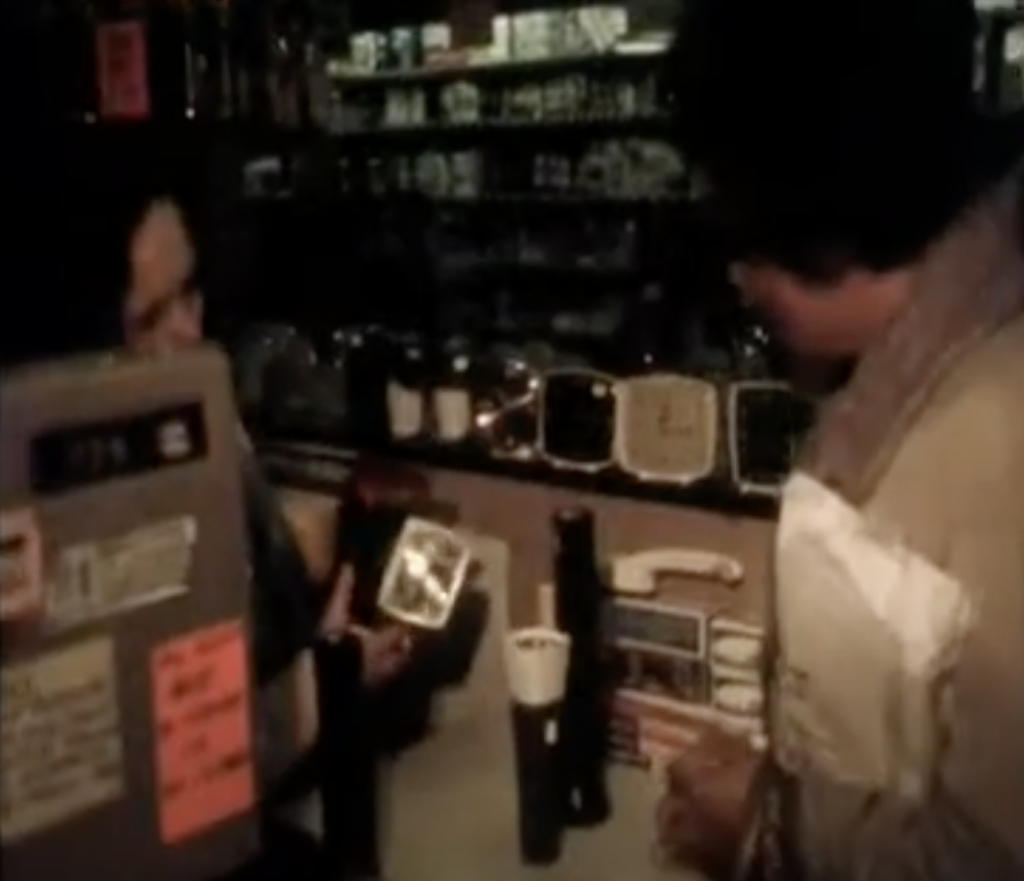Ofgem – (The Office of Gas and Electricity Markets), the government regulator for the electricity and downstream natural gas markets in Great Britain, has announced that there could be a significant risk of gas shortages this winter. This risk of gas shortages has been blamed on the war in Ukraine, according to Ofgem.
This gas restriction would lead to gas supplies to power stations being cut. This is a particular issue as gas-fired power stations generate between 40% and 60% of the electricity in the UK. It is not yet known if there will be electricity blackouts yet during the winter or if there will be energy rationing.
Ofgem is already putting in place contingency measures with The National Grid and the government to make sure the energy system is ready and well prepared for the winter.

What can you do?
There has been a significant increase in the sale of wood-burning stoves in the last few months. A key driver behind this is the fact that people want to take control of their heating. While some do this for financial reasons, a growing number of people are warming to the idea of self sufficency. No longer are they at the mercy of wars, energy supply issues or other things beyond their control.
A wood-burning stove is certainly not the only option to enjoy self suffiency. There are things such as heater pumps, which transfer heat from one location, such as soil in the garden, to another, i.e the hot water system in a house. There are also biomass heating systems, which burn wood pellets or chips to heat a home’s hot water system. Other options include solar power and LPG.
Have we had blackouts before?

Yes. The last time energy blackouts occurred in the UK was in the early 1970s, when a 3-day week was imposed. Back then most of the UK’s power was provided by coal. Many businesses had their electricity use cut to just three days a week. Households were ordered to heat just one room and keep non-essential lights off.
Fines and Implications
There is a fear among operators of gas-fired powerstations that they could face fines, which could run into the hundreds of millions if they are unable to fulfil obligations to supply electricitiy caused by events outside of their control (i.e. not having a supply of gas).
It’s been mentioned that an average-sized power station could face charges of around £276m a day if it is unable to generate electricity.
This would not only potentially make a powerstation operator insolvent, but it could also cause huge ramifications to others too, including many homes around the UK. It would greatly impact businesses that rely on electricity, such as supermarkets, petrol stations, and nursing homes – the list is long and rather frightening!